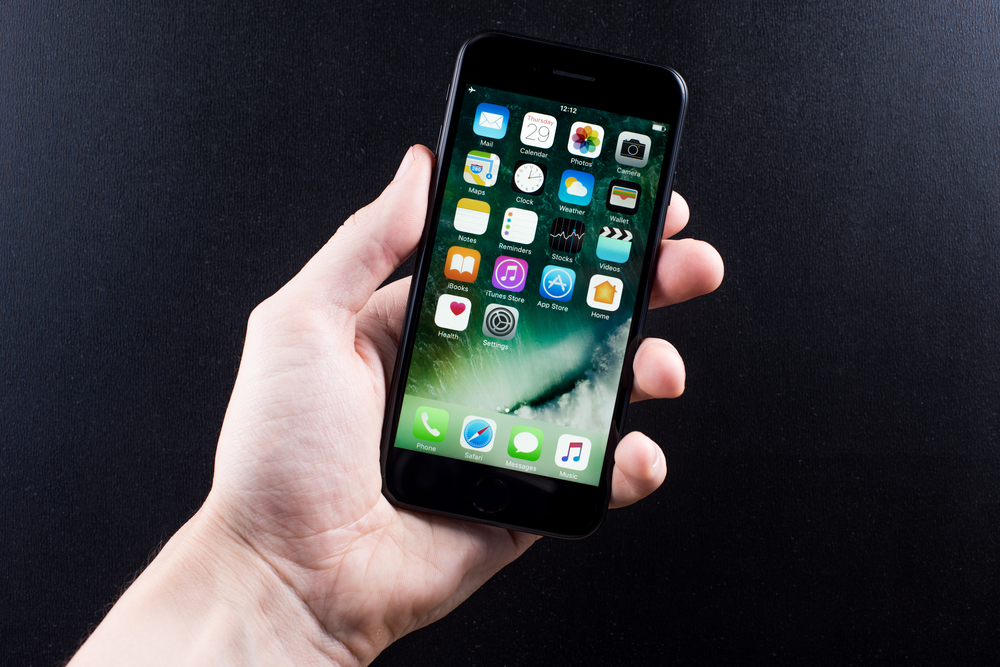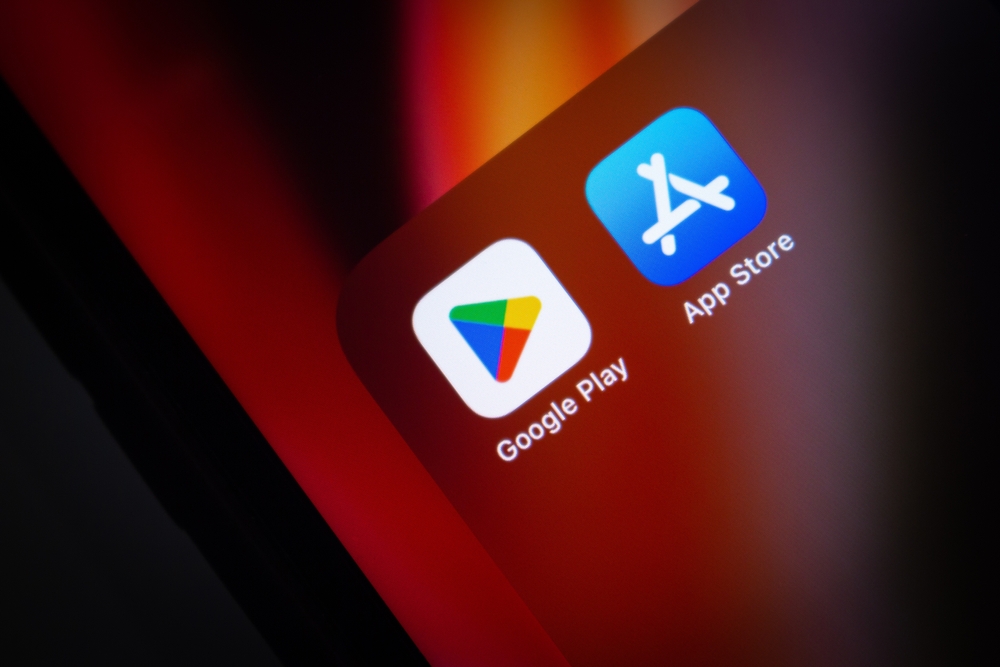
Unleashing the Power of App Marketing: Essential Tips and Tricks for Effective Promotion

Launching a mobile App Store or Google Play app is an exciting venture. You've spent countless hours developing a unique and useful product, and now it's time to unleash its power into the world. However, building a great app is only half the battle. In order to truly succeed, you need to effectively promote your app and reach your target audience. With millions of apps available in the app stores, standing out from the crowd can be a daunting task. But fear not, with the right marketing strategy, you can unlock the true potential of your app and propel it towards success.
The Power of App Store Optimization
App Store Optimization (ASO) is crucial for driving organic traffic to your mobile Google Play or App Store app . Just like Search Engine Optimization (SEO) helps websites rank higher in search engine results, ASO helps your app gain visibility and appear in relevant search queries within the app stores. Here are a few essential tips to optimize your app's visibility:
1. Choose a Memorable and Descriptive Name
Your app's name is the first thing users see, so make it count. Select a name that accurately represents your app's purpose and resonates with your target audience. A catchy and memorable name can increase brand recognition and make your app stand out in search results.
2. Craft an Enticing App Description
Your app description is your chance to convince users to download your app. Write a compelling and concise description that highlights your app's unique features and benefits. Include relevant keywords to improve search visibility, but avoid keyword stuffing as it will make your description appear spammy.
3. Use Appropriate Keywords
Identify the keywords your target audience is most likely to search for when looking for an app like yours. Include these keywords naturally in your app's name, description, and other metadata fields. App stores use algorithms to match search queries with app listings, so selecting the right keywords is crucial for improving your app's discoverability.
4. Create Eye-Catching Screenshots and Videos
Visuals have a powerful impact on potential users. Create compelling screenshots and videos that showcase the best features and functionalities of your app. Use high-quality visuals and consider adding captions or mobile iOS or Android app text overlays to highlight key points. Visuals can greatly influence a user's decision to download your app.
The Role of Social Media
Social media platforms provide excellent opportunities to engage with your target audience, build brand awareness, and drive app downloads. Here are some effective strategies for leveraging social media for app marketing:
1. Identify the Right Platforms
Not all social media platforms are created equal, and choosing the right ones for your app is crucial. Research your target audience demographics and preferences to determine which platforms they frequent the most. Focus your efforts on those platforms to maximize your outreach.
2. Create Engaging Content
Develop a content strategy that aligns with your brand and app's value proposition. Share informative and entertaining content that resonates with your target audience. This can include behind-the-scenes looks at your app's development, tutorials, user testimonials, and relevant industry news. Building a connection and providing value to your audience increases their trust and interest in your app.
3. Incentivize User Engagement
Encourage users to share your app on social media or leave reviews by offering incentives or running contests. This not only increases engagement but also amplifies your app's reach to their social circles. Positive reviews and word-of-mouth recommendations can significantly impact your app's reputation and attract new users.
4. Collaborate with Influencers
Influencer marketing has gained immense popularity in recent years. Identify influencers or bloggers within your app's niche and collaborate with them to promote your app. Their genuine endorsements and mobile Android or iOS app reviews can drive substantial traffic and app downloads.
Harnessing the Power of App Advertising
App advertising is an effective way to increase app awareness and reach a broader audience. Here are some essential tips for successful app advertising campaigns:
1. Choose the Right Advertising Channels
Identify the advertising channels that align with your app's target audience and goals. Consider options such as social media ads, in-app advertising, display ads, and search network ads. Each channel has its own advantages and disadvantages, so choose wisely.
2. Define Your Target Audience
Knowing your target audience is essential for crafting effective ad campaigns. Define the demographics, interests, and behaviors of your ideal users. This information will help you create targeted and personalized ads that resonate with your audience.
3. A/B Test Your Ad Creatives
Don't settle for the first version of your ad creatives. A/B testing different variations allows you to identify which designs, messages, and CTAs resonate better with your audience. mobile app Continuously optimize your ads based on the insights gained from these tests.
4. Utilize Retargeting
Retargeting is a powerful technique that allows you to reach users who have previously interacted with your app or website. By serving them personalized ads, you can remind them of your app's value proposition and encourage them to complete a desired action, such as downloading your app.
Frequently Asked Questions
1. How long does it take to see results from app marketing efforts?
The timeline for seeing results from app marketing can vary depending on various factors such as app niche, target audience, marketing budget, and competition. However, it's important to remember that app marketing is an ongoing process, and patience is key. It may take a few weeks or even months to see significant results.
2. Is it worth investing in app store advertising?
App store advertising can be a valuable investment, especially if you're looking for quick visibility and increased app downloads. However, it's essential to carefully analyze your target audience, advertising costs, and expected return on investment before committing to app store advertising. Consider A/B testing and monitoring the performance of your ads to ensure they are generating the desired results.
3. How can I encourage users to leave reviews for my app?
Generating app reviews can be challenging, but there are a few strategies that can increase your chances. Prompt the user to leave a review at strategic touchpoints within the app, such as after they've accomplished a milestone or when they've had a positive interaction. Additionally, provide incentives such as discount codes, exclusive content, or in-app rewards for leaving a review.
4. Should I focus more on organic app downloads or paid app advertising?
Both organic and paid app downloads are important for app success. While organic downloads indicate the app's value and appeal to users, paid advertising can help accelerate the growth and reach of your app. Striking a balance between the two approaches is often the best strategy.
5. How can I measure the effectiveness of my app marketing efforts?
Tracking and measuring the effectiveness of your app marketing efforts is crucial for making data-driven decisions. You can use various metrics such as app downloads, user engagement, retention rates, and in-app purchases to assess the success of your campaigns. Additionally, monitor reviews and feedback from users to gain insights into their satisfaction and identify areas for improvement.
In conclusion, unleashing the power of app marketing requires a holistic approach that encompasses app store optimization, social media engagement, and targeted advertising. By following the essential tips and tricks outlined in this article and continuously adapting your strategies based on data and user feedback, you can effectively promote your app and unlock its true potential.
Other useful resources
- https://www.appguru24.com/promote-android-app/
- https://en.wikipedia.org/wiki/IOS
- https://en.wikipedia.org/wiki/App_store